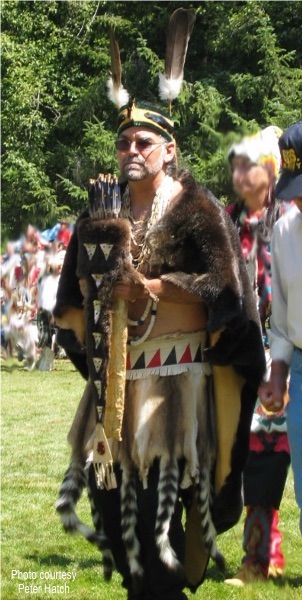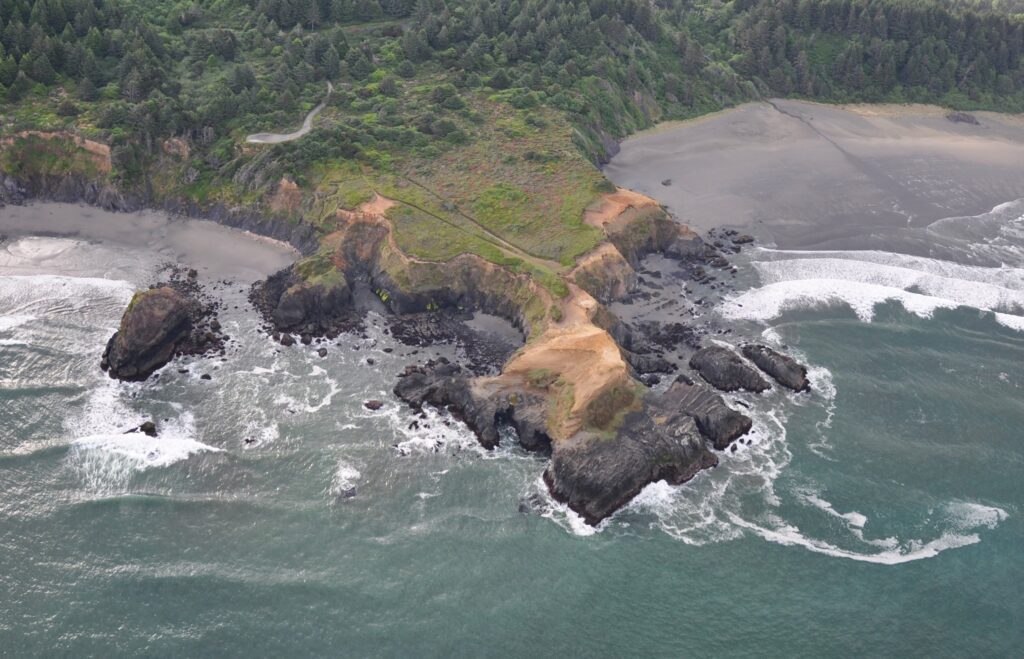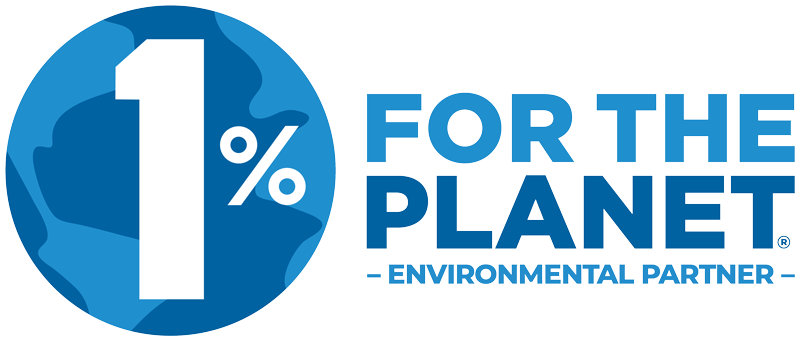Indigenous Perspectives
Elakha Alliance Board members Peter Hatch, Robert Kentta, “Doc” Slyter (now deceased) and Don Ivy (now deceased) offered their thoughts to explain the role of Indigenous values in informing our mission and outlook.
Elakha and all of us
It may be hard for any Oregonian alive today to appreciate the importance and significance of a species that has been long gone from Oregon’s coastal waters. What’s been lost by that species’ absence? What might be gained from its return?
The diligent work of ocean scientists will certainly bring forth many answers to those key question and enrich our collective understanding. However, some of those questions–and their answers–will not be thoroughly explored or articulated without the perspectives of Oregon’s coastal tribes and indigenous peoples.
Our ancient relationship
Through uncounted generations our ancestors shared Oregon’s shoreline with sea otters (Elakha).
Since the beginning of time, when our newly-created peoples’ footprints first marked the sands, we coexisted with Elakha. The stories of our Ancestors instruct us to recognize sea otters as one of our respected kin, our cousins as it were, and that preserving that kinship- and all our relationships to the natural world- would help us forever enjoy the bounty and abundance that the ocean has to offer for our sustenance and our prosperity.
Valued for their beauty and unique waterproof attributes, the wary and agile otters only rarely gave their bodies up to even the best of hunters. A sea otter robe, supple and shimmering, ranked among the most valuable things a person could own: an expression of a headman’s stature; a gift to unite two families in a marriage pact; or currency to establish bonds of trade or political influence, or even to settle a dispute.

Our present responsibility
The calamities that befell Oregon’s coastal Tribes and sea otters during the 1800s were devastating; although the indigenous peoples of Oregon’s coast found ways to survive and persist and adapt, Elakha did not. But even in its long absence, Elakha is still among us: in the names of ancestral hunting places (Otter Rock, Otter Point, Otter Crest among others), in the bones and tools of numerous sites we used for millennia, and certainly in the oral histories, traditions and practices of Oregon’s coastal indigenous people today.
One day, Elakha will once again swim along Oregon’s shores. It is our duty, responsibility, and hope–as our ancestors would have it be–to encourage and assist the work of the Elakha Alliance towards renewal. A renewal not only of old ways and old traditions- but towards a renewal of the necessary balance between human needs and the needs of the natural world upon which human life depends. One day, Elakha’s 100-year absence from Oregon’s coast will be reversed; and its absence will be remembered only as a tragic but brief interruption. In partnership with all the other users and stewards of our ocean we want to bring that day as soon as possible.
We ask you to join us in the Elakha Alliance effort.
Sincerely,
Robert Kentta, Confederated Tribes of Siletz Indians
Peter Hatch, Confederated Tribes of Siletz Indians
Donald Ivy (deceased), Coquille Indian Tribe
Doc Slyter (deceased), Confederated Tribes of Coos, Lower Umpqua and Siuslaw Indians
Listen
Hear a podcast of Robert, Peter, and Don Ivy as they discuss themes of convergence and connection between their people, and the decline and promising return of sea otters.
Read
Read or download three articles in the Oregon Historical Quarterly about the history of sea otters and Indigenous people on the Oregon coast.
Learn
Learn more about the multi-generational story behind the creation of the Elakha Alliance Logo.


